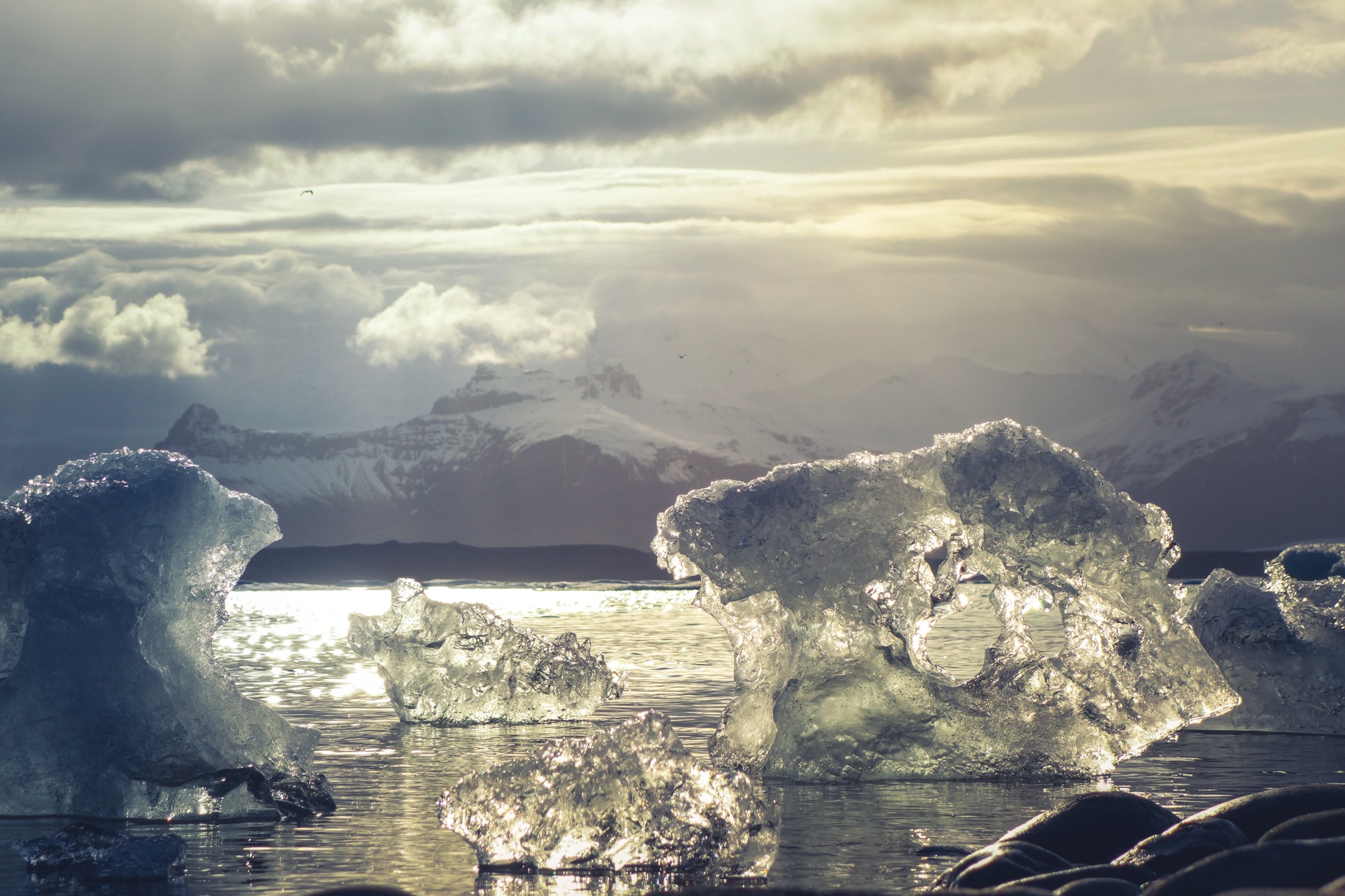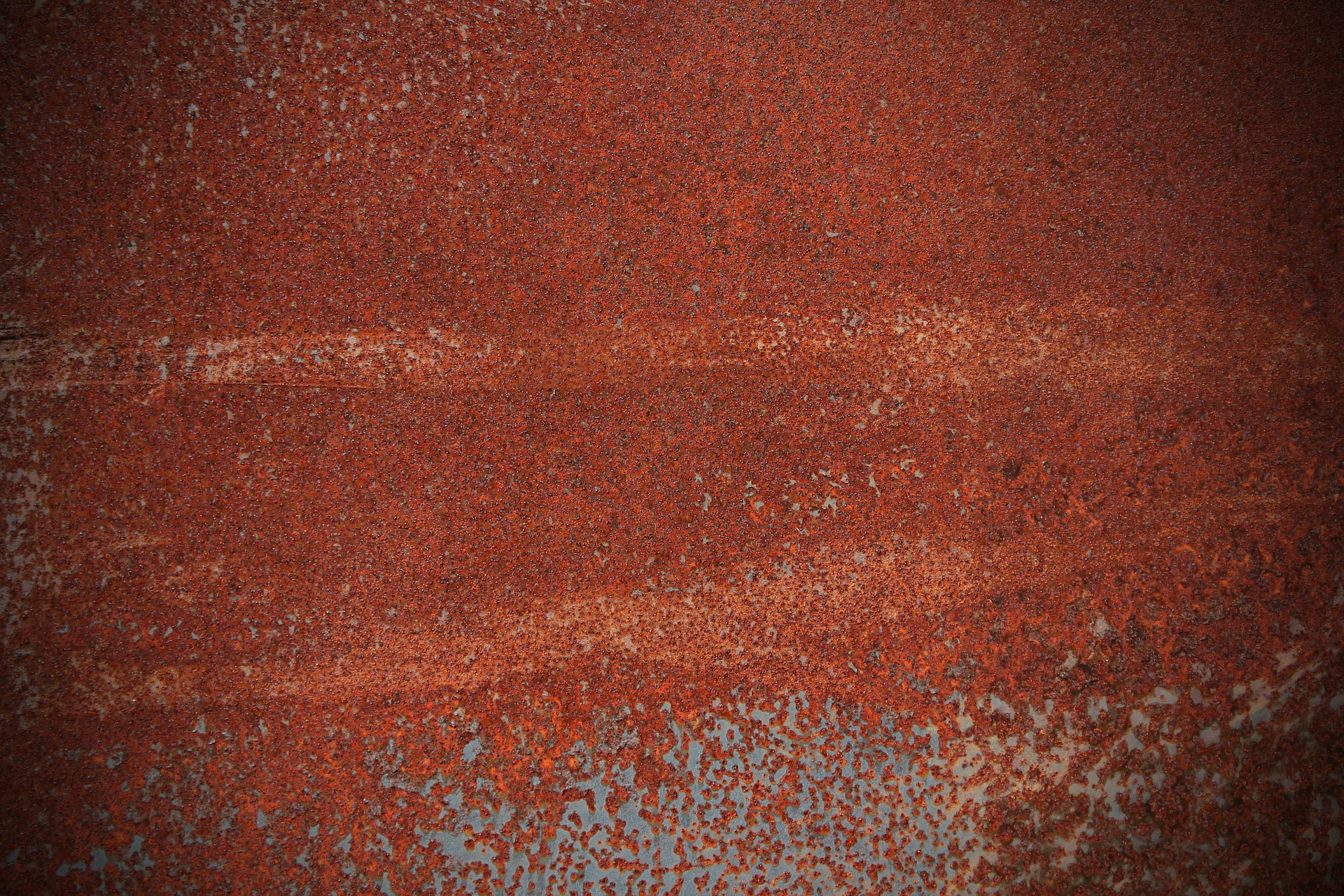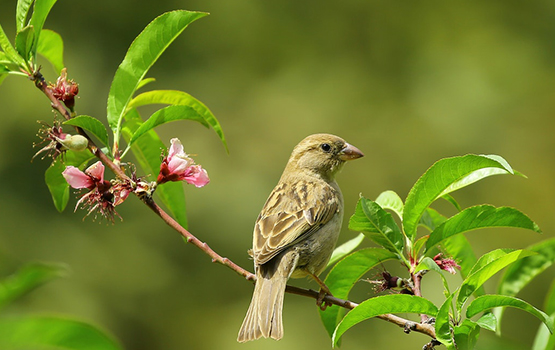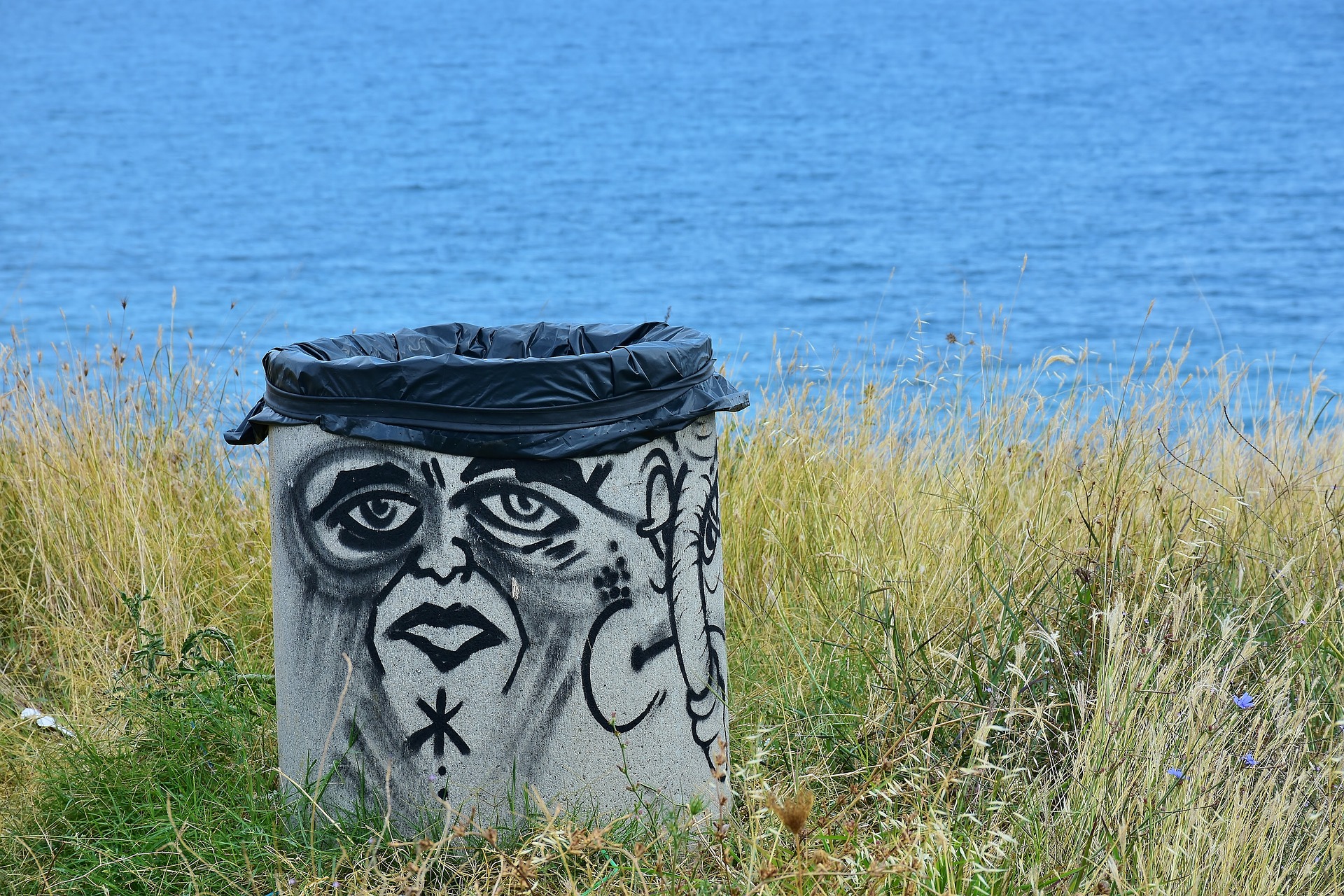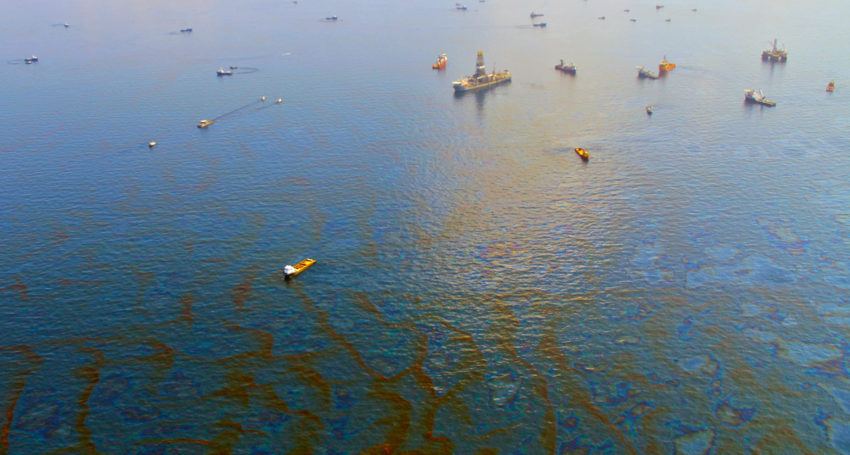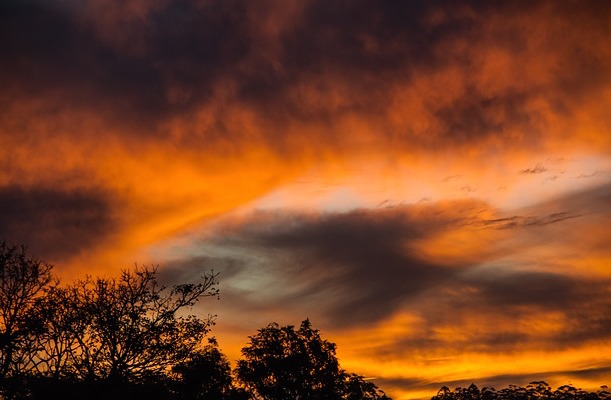-
Studying the air in Antarctica
Nerissa Hannink | January 28, 2019Antarctica’s pristine air and waters – and a unique shipboard laboratory – are helping researchers investigate the effects of climate change and pollution on the atmosphere.
-
Litter is more dangerous than sharks at the beach
Marnie Campbell | January 3, 2019Shark attacks are rare but grab the headlines, yet beach litter and marine debris injures one-fifth of beach users, particularly children and older people.
-
Environmental metals a ‘global health concern’
Open Forum | September 2, 2018Exposure to heavy metals such as arsenic, lead, copper and cadmium in the environment is associated with an increased risk of cardiovascular disease and coronary heart disease.
-
Chemical contaminants threaten wildlife more widely than thought
Open Forum | August 29, 2018An international team of scientists led by Monash University has warned that the danger to wildlife through chemical pollution is a wider problem than previously thought as the effects of indirect contamination are not being factored into discussions.
-
It’s easy being green – or not?
Max Thomas | June 25, 2018Most people are now rightly concerned about the environment, but does popular concern necessarily translate into effective action?
-
Australian sponges made from waste can soak up oil spills
Freya Langley | April 24, 2018Australian scientists have developed a reusable sponge-like polymer to efficiently soak up environmentally damaging oil spills in the world’s oceans.
-
Australia comes bottom of the class on climate action
John Iser | November 24, 2017Australia has scored poorly in the recently released Climate Change Performance Index (CCPI) coming 54 of 57 countries and remaining a long way from Paris targets. Dr John Iser of Doctors for the Environment discusses the major additional effort to be undertaken if Australia is to increase its ranking.

